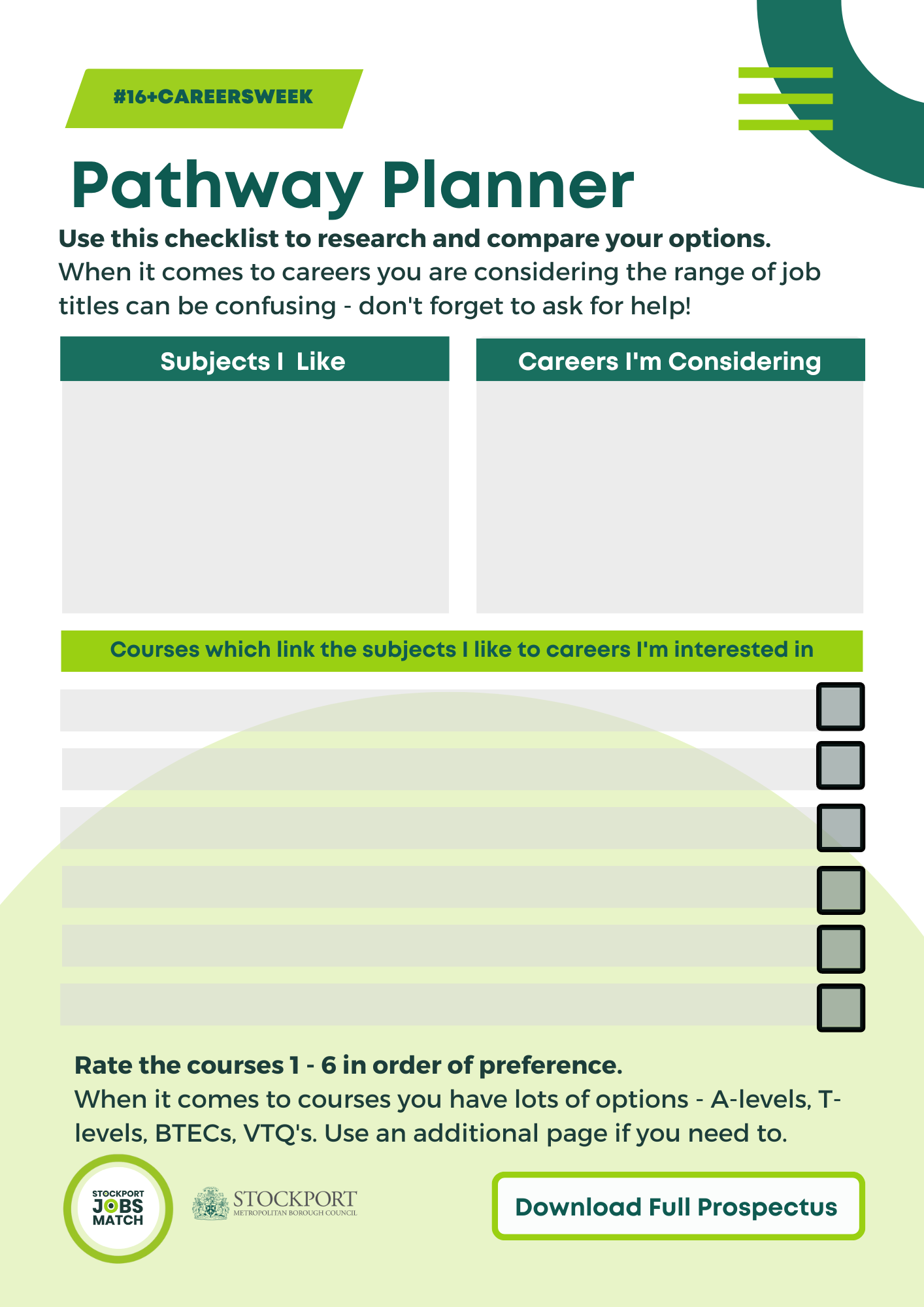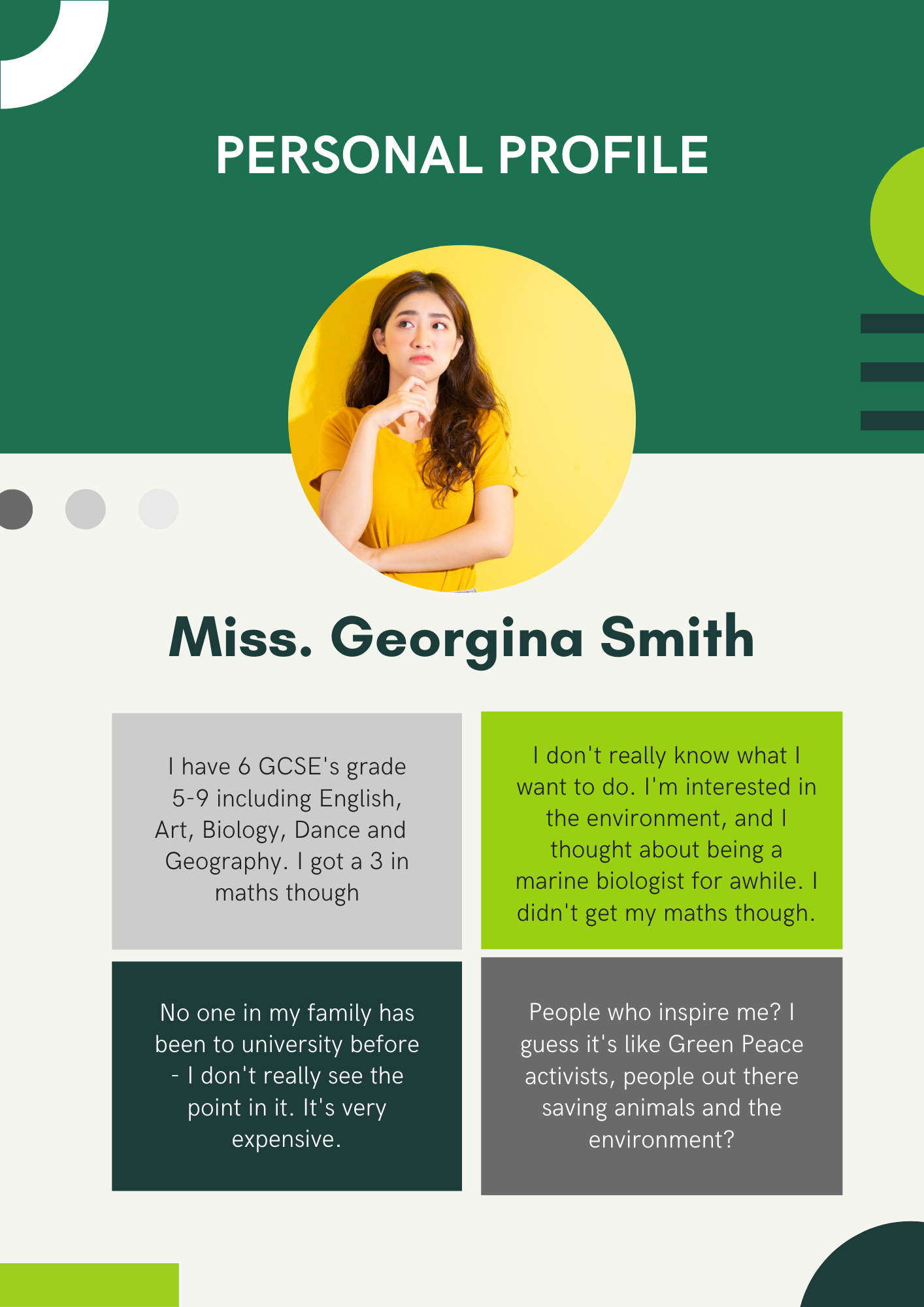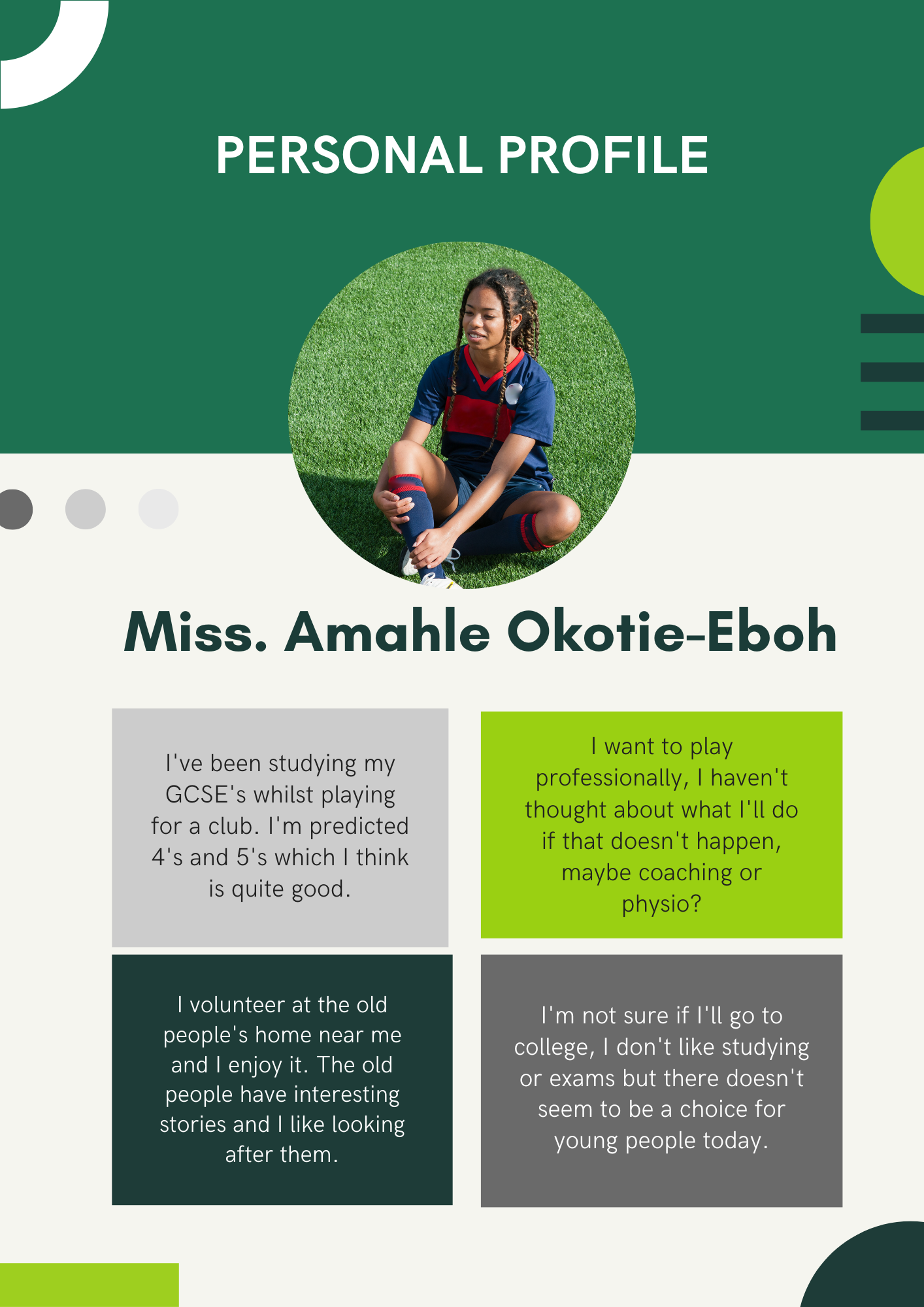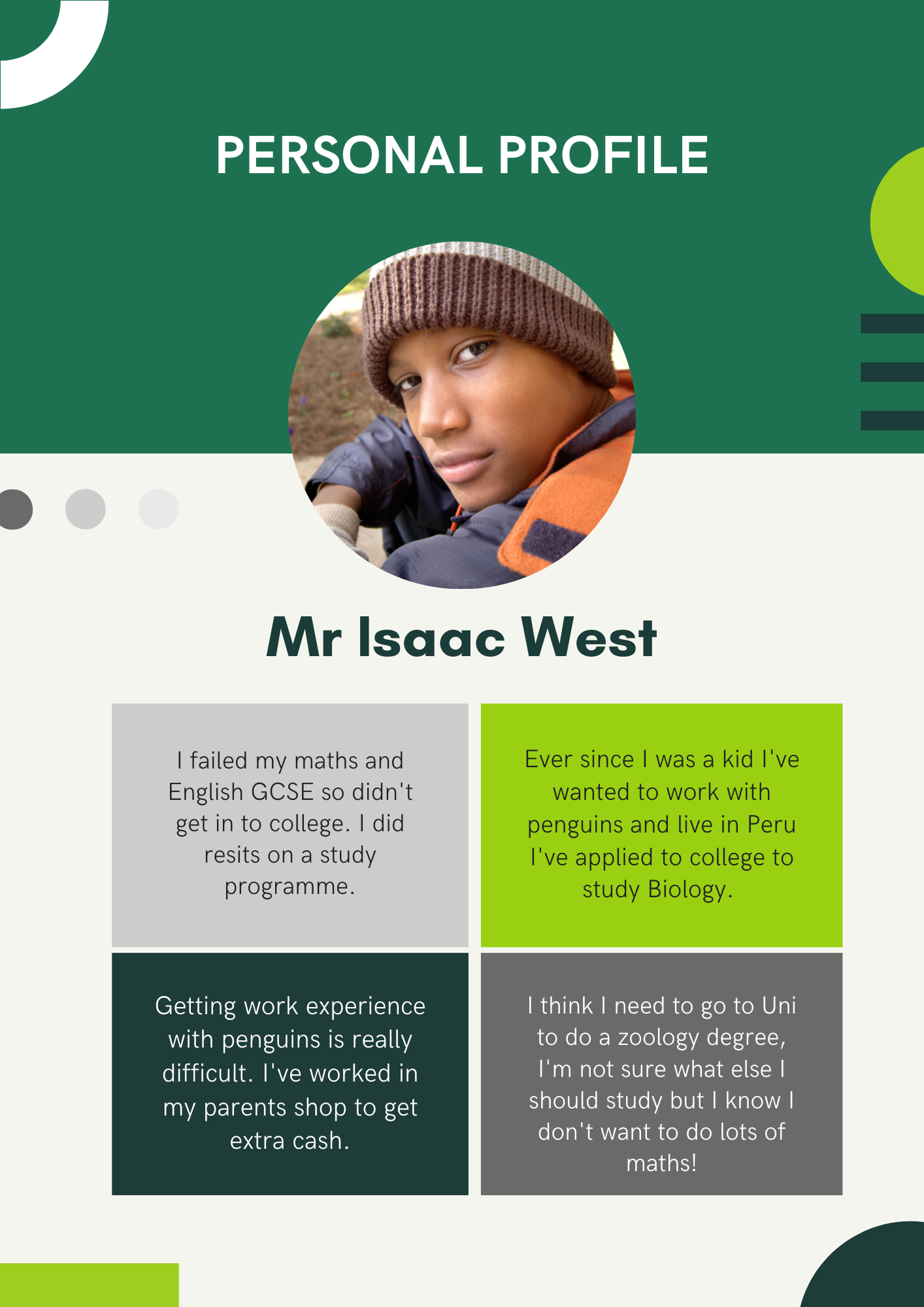Choosing A-Levels or T-Levels at College or Sixth Form
If you’re thinking of heading to college or sixth form after completing your GCSEs, you’ll most likely be considering a more academic Level 3 study option like choosing A-Levels or T-Levels (although there are vocational options available too).
So, what do you need to know about choosing this route? As well as understanding what the differences are between the qualifications (from entry requirements to assessment methods), you’ll need to start thinking about what subjects to choose, where to study them and what else is on offer that could impact on your college experience (like extra curricular activities, work experience and preparing for what happens at 18+).
To help you weigh up your options, it’s important to have all the facts, do your research and have conversations early. There’s a lot to consider as this is likely to be the first time you’ve had a choice over what and where to study.
Download our Lesson Plan to help you talk through this topic and help students understand their future career prospects.

Learning Objectives
This lesson introduces A-Levels and T-Levels and the differences between them. It covers where you can study A-Levels and T-levels, subjects and levels, entry requirements and methods of study. It also covers important factors to consider when choosing a college or sixth form, such as costs, transport and how to apply. Following this lesson plan, students will:
- Have a wider understanding of the similarities and differences between these Level 3 Qualifications
- Be able to evaluate which further study route is best for your career pathway and study preferences
- Be able to identify at least three local providers who offer these qualifications
Choosing A-Levels or T-Levels – resources for students
A-Levels are a Level 3 qualification (one up from GCSEs which are a Level 2) that take 2 years to complete and usually involve sitting an exam at the end. They’re the ideal choice if you know what subjects you enjoy, need A-Levels to get into University and prefer a structured, exam-based way of learning and being assessed.
T-Levels are a Level 3 qualification too. You choose to study one T-Level (like Engineering or Accountancy) over 2 years and it’s equivalent to studying 3 A-Level subjects. They’re linked to business areas so are popular with employers and, as well as studying in a classroom and taking an exam at the end, you’ll also need to complete 45 days of a work placement and some coursework or practical assessments depending on the course you choose. T-Levels are a great way to gain an insight into a particular sector, getting a recognised qualification and some practical experience at the same time. They can lead on to University or a Higher or Degree Apprenticeship.
Use our range of articles on A-Levels and T-Levels to learn more.
Teacher Guide
You can use the one-page plan above and accompanying resources to create your a lesson of your chosen duration, lead a short assembly or start conversations during form time.
Alternatively, you can download our Extended Lesson Plan (with LMI and full notes on each slide) – a ready made 30-45 mins lesson for you to simply talk through using the information already prepared for you (with key stats and discussion points).

Bitesize Videos
You may also wish to watch the following bitesize video during the lesson or send the links home to students to watch independently in order to prepare for the session or as a follow-up. If using during school time, you could use our Bitesize Bingo sheets for younger students to check off what they’ve learnt about in the videos.
Games, Activities & Worksheets
The following printable materials can be used during lessons or sent home with students as follow-up activities:
Individual Activity – Pathway Planner
Our Digital Prospectus 2023/24 sets out the different routes of study available when you turn 16. It covers all the local colleges, sixth forms and training providers – from the courses/subjects and qualifications they offer to important information on things like entry requirements or open days.
You can download the Digital Prospectus 2023/24 here.
Whilst using the Prospectus, you may find it useful to make notes using our Pathway Planner. This helps you to make a list of subjects you like studying, careers you’d consider and the courses which link them together. You can make a list of preferred providers, key questions to ask and a comparison chart of how they stack up against each other.

Group Activity – Find the Pathway Game
Think you’d make a great Careers Advisor? Know everything there is to know about further education courses and providers? Download our Find the Pathway Challenge Cards and review the student profiles about the courses/careers they’re interested in and preferred subjects. Can you match their qualifications to their career aspirations? What alternatives study routes might be possible to reach the same career goal? Ideal for starting discussions in the classroom or bringing careers conversations home.



Useful Resources on Jobs & Sectors in Stockport
We’ve produced a range of tools to help teachers, careers advisors and students understand the latest trends and growth areas here in Stockport. Use these articles and resources to prepare for your lesson or to signpost students to help them expand their knowledge and make informed decisions about upcoming job choices, available training pathways and future career options.
Stockport LMI Infographic
To give you an overview of local LMI, we’ve produced an infographic with some of the key stats about employers and employment here in Stockport. Print and display around the classroom or provide students with a copy as a starting point for their conversations and research.



